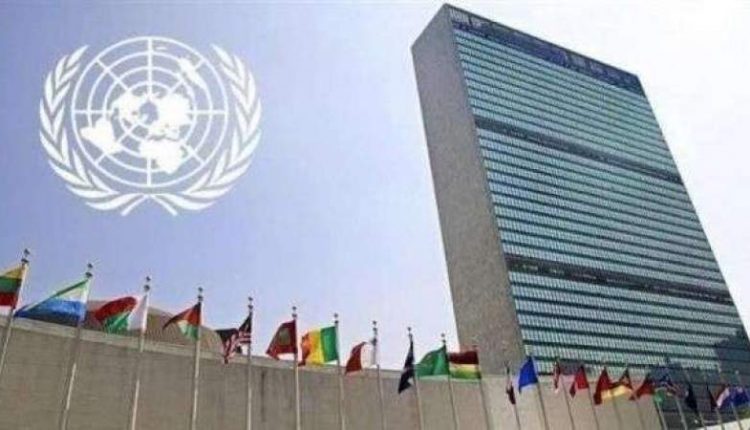UN Tries to Collect more Money But Not for Ending Yemen’s Crisis
The United Nations failed to collect more money this year to fund its response plan in Yemen.
After it presented the suffering of the Yemenis in “public auctions” through the donors’ conference that it organized on Monday in Geneva, in the presence of its Secretary-General Antonio Guterres, and the participation of twenty countries that were not including Saudi Arabia.
The UN announced that it had obtained 1.2 billion dollars to finance the humanitarian plan that requires 4.3 billion dollars, an amount that disappointed international organizations operating in Yemen, as it does not exceed 28% of the required funding volume, while it prompted a shocking comment from the United Nations, in which it said that “the world has abandoned Yemen.”
The pro-aggression government sources in Aden warned that the decline in donor funds will double the humanitarian suffering of Yemenis, and will prompt the United Nations to stop dozens of projects included in its response plan for the year 2023.
For his part, a member of the “Supreme Political Council” in Sana’a, Muhammad Ali al-Houthi, considered that “Yemen needs to benefit from its capabilities that ‘donor countries’ prevent it from benefiting from. What they received in their arms sales [ to Saudi-UAE regimes] that killed the children and people of Yemen with their aggression, terror and siege, makes them unable to appear as doves of peace in the worst crisis created by the American, British and Saudi aggression.”
In turn, political sources in Sana’a accused the United Nations of failing to manage donor funds during the past years, pointing out that more than $23 billion provided by the “international community” to help the Yemeni people did not have a significant positive impact. They also consider the international organization’s talk of high humanity needs this year as an “implicit recognition of its failure to stop the suffering,” which requires everyone to “contribute to the push towards peace to end all repercussions of aggression and siege.”
The humanitarian crisis witnessed by Yemen requires the United Nations and the “international community” to make more efforts to implement the items related to the humanitarian issues in the negotiations. This is the most appropriate option to reduce the suffering of Yemenis, especially through the payment of salaries, which will benefit more than 1.2 million employees, who support about 4.7 million people who lost their basic sources of income seven years ago.
In the same regard, a source in the “Humanitarian Affairs Council” in Sana’a confirmed to Al-Akhbar that the funds obtained by the United Nations from the donors’ conference this year are very simple and limited in view of the huge volume of needs, calling on the UN to spend these funds in more effective projects.
Guterres had warned, during his speech at the opening of the donors’ conference, of the dangers of the collapse of the truce, which he said would cause starvation for more than two million people, and stressed that the “international community” had the ability to quickly disburse funds to help Yemen, describing the required aid as ” A temporary bandage, not a cure for the humanitarian crisis.”
The UN pretends to be keen while it exploited the crisis in Yemen to collect money to use for its work in Yemen, not to help Yemeni People. Earlier this month, the Ministry of Health declared that the lives of kidney failure patients are in danger, while the World Health Organization ignored it.
Al-Masirah obtained correspondence between the Ministry of Health and the World Health Organization, revealing the UN’S renunciation of its responsibility towards patients with kidney failure, after a year of official requests to provide the patients’ medical needs.
The correspondence showed that the World Health Organization ordered the Ministry of Health in Sana’a to search for local funding, after a year of waiting and the stock of dialysis centers had run out.
In a another letter to the World Health Organization, the Ministry of Health expressed its shock and described the timing of its response as late and disavowing responsibility towards patients with kidney failure.
The ministry said, the organization knows that the US has imposed a siege on Yemen and we do not have financial resources to face the catastrophic depletion of stocks of medicines and solutions for kidney failure.
The Undersecretary of the Ministry of Public Health for the therapeutic medicine sector, Dr. Ali Jahaf, explained that the ministry earlier had held meetings in November with all organizations in Yemen to remind them of the importance of providing medicines and dialysis solutions.
He stated that the ministry does not have enough stock in dialysis centers, and it may not be possible to hold on until next March only.
Jahaf said that if the ministry did not receive any emergency supplies during this February, Yemen is facing a catastrophe that threatens the lives of kidney failure patients.

